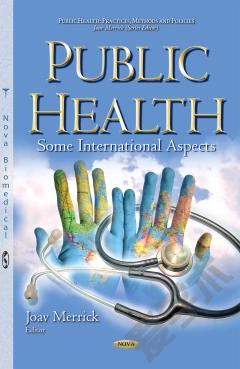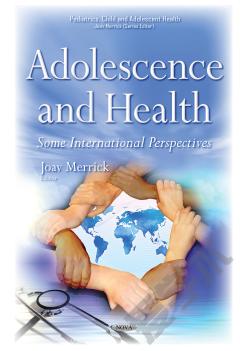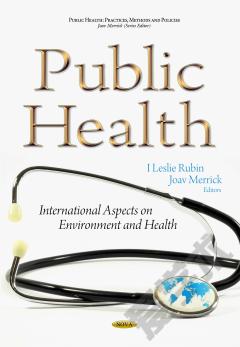Public Health: Some International Aspects
Public health is the science and art of preventing disease, prolonging life and promoting health through the organized efforts and informed choices of society, organizations (public and private), communities and individuals. The mission of public health is the fulfillment of society’s interest in assuring the conditions which make people healthy. In the twentieth century, one of the improvements in public health has been an increased life expectancy in the developed world. However, we have also seen other achievements in the provision of vaccinations, motor-vehicle safety, safer workplaces, control of infectious diseases, decline in deaths from coronary heart disease and stroke, safer and healthier foods, healthier mothers and babies, and family planning and fluoridation of drinking water. There has been some positive trends in recent years in developed countries, such as less smoking, more physical activity and better vaccination status. Still, drinking, obesity, violent crime and lack of health insurance are some challenging areas in public health. We need to apply what we have learned and know now in order to reduce health inequality in our nations in the future. We also need to use advanced technology to improve health and address new health issues as they emerge over time; it is imperative that people are ready to intervene and minimize adverse effects of new diseases at all times.
{{comment.content}}








 京公网安备 11010802027623号
京公网安备 11010802027623号